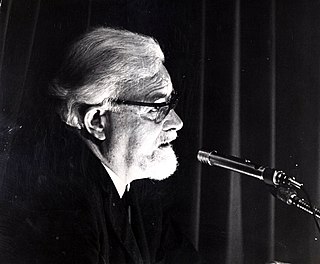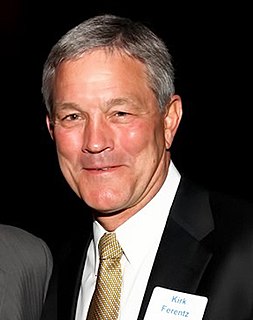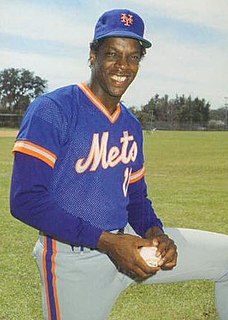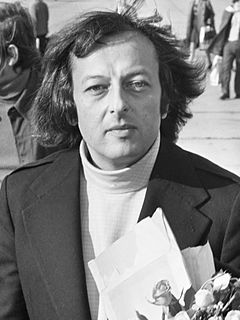A Quote by Warren MacKenzie
We never had a catalogue; we never said we were going to duplicate these pots this year and next year and the year after that and so forth. We did make many pots which were repeated, but we allowed them to change and to grow as we changed and grew, and I think that was the big difference. And that's all right; we were working for ourselves. We didn't have anybody we had to pay.
Related Quotes
I think back to some of the pots we made when we first started our pottery, and they were pretty awful pots. We thought at the time they were good; they were the best we could make, but our thinking was so elemental that the pots had that quality also, and so they don't have a richness about them which I look for in my work today. Whether I achieve it all the time, that's another question, because I don't think a person can produce at top level 100 percent of the time.
In looking at these pots at the Field Museum, Alix [MacKenzie] and I both came to a conclusion individually but also collectively that the pots that really interested us were the pots that people had used in their everyday life, and we began to think - I mean, whether it was ancient Greece or Africa or Europe or wherever, the pots that people had used in their homes were the ones that excited us.
They had a year of joy, twelve months of the strange heaven which the salmon know on beds of river shingle, under the gin-clear water. For twenty-four years they were guilty, but this first year was the only one which seemed like happiness. Looking back on it, when they were old, they did not remember that in this year it had ever rained or frozen. The four seasons were coloured like the edge of a rose petal for them.
If a pot can multiply. One day Nasrudin lent his cooking pots to a neighbour, who was giving a feast. The neighbour returned them, together with one extra one – a very tiny pot. 'What is this?' asked Nasrudin. 'According to law, I have given you the offspring of your property which was born when the pots were in my care,' said the joker. Shortly afterwards Nasrudin borrowed his neighbour's pots, but did not return them. The man came round to get them back. 'Alas!' said Nasrudin, 'they are dead. We have established, have we not, that pots are mortal?'.
I make a lot of pots in a year's time and some of them are good and some of them are mediocre and some of them are bad. If they're really bad and I'd be ashamed of them, I throw them out, but if they're mediocre and they'll serve the purpose for which they're designed, that is, a mixing bowl or a soup bowl or a plate or whatever, I sell them. And this income from the sale of these pots permits me to go on and make other pots. It's even more important now that I've quit teaching, because I do not have a teacher's salary to fall back on.
I told my friend - we were working on a movie together - and he gave me a script and asked me to give him notes. And they were all male characters, and I said, "You know what would make this character more interesting?" And he asked what - and it's this road trip between three guys, basically, one older man, one 30-year-old and a 13-year-old mechanic. And I said, "If you make the 13-year-old a girl, and you make her an Indian-American mechanic." And he said, "What do you mean?" And I said, "Yeah, don't change anything in the script about him, and just make it a her."
I would ... go up to the mailbox and sit in the grass, waiting. ... Till it came to me one day there were women doing this with their lives, all over. There were women just waiting and waiting by mailboxes for one letter or another. I imagined me making this journey day after day and year after year, and my hair starting to go gray, and I thought, I was never made to go on like that. ... If there were woman all through life waiting, and women busy and not waiting, I knew which I had to be.
I'm striving to make things which are the most exciting things I can make that will fit in people's homes. And in that respect, working on the wheel is economically about the only answer I know, because one can, as Leach said, make 50 pots in a day. You can make 100 pots in a day. A really good potter can make 400 pots in a day.
When we started on 'Coraline,' there was a whole host of things that we had no idea how we were going to do. Because we were making films in a way that had never really been done before, we were taking this hundred-year-old art form and bringing it into a new era by embracing technology and innovation.





























